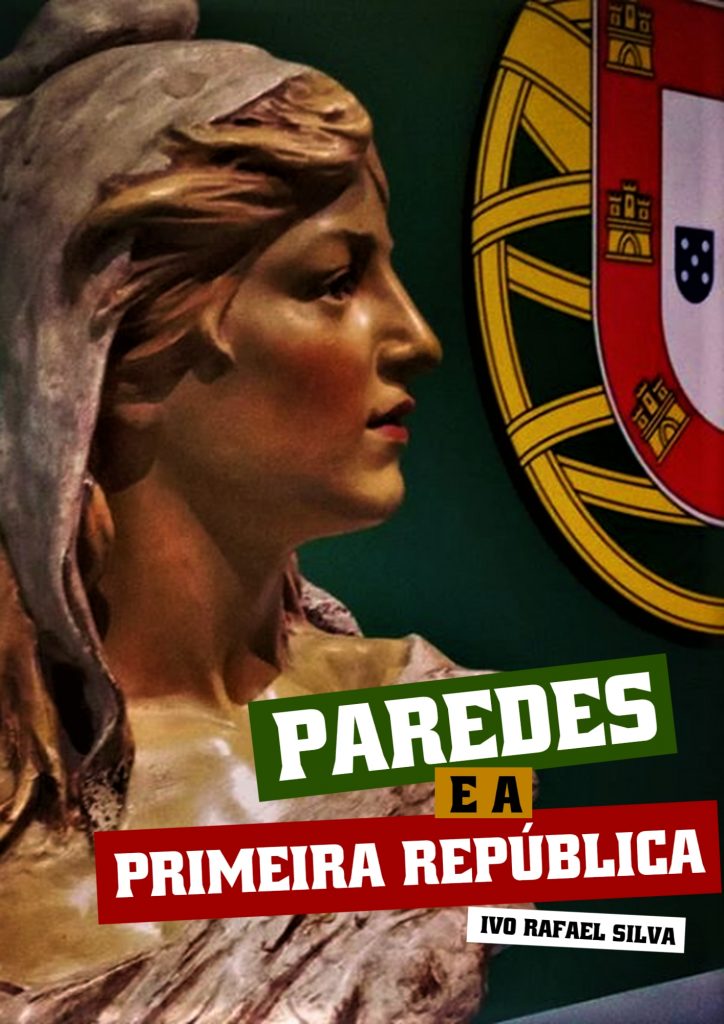


Title: Paredes e a Primeira República
Author: Ivo Rafael Silva
ISBN: 978-989-33-0956-8, 423 páginas.
Edition: Paredes City Hall / CEI – Centre for Intercultural Studies of ISCAP (P. Porto)
To quote A. H. de Oliveira Marques, one of the greater names of contemporary Portuguese historiography, «one cannot perfectly know the history of the Country during the 1st Republic, regardless of the considered aspect, without penetrating into the regional and local problematic, observing the life of he parishes and councils, of the districts and the major regions». The book “Paredes e a Primeira República” [Paredes and the First Republic] , as the name indicates, meets the local specificities of the historical period buoyed between the Foundation of the Republic (1910) and the establishment of the Military Dictatorship (1926). In this context, one can affirm that this territory was a fertile ground for events that help us understand the national context. The municipality was even one of the most highlighted turbulent stages of the religious conflicts of a country in crisis, immersed in an intermittent civil war. The focus on facts and societal figures from Paredes in the late 19th century and early 20th century, allows us to obtain a much clearer picture of a very peculiar historical reality, marked by instability and controversy, although still usually ignored today. The result of the investigation that began somewhere in the year 2016 – in the final stage of the creation of «Paredensees na Grande Guerra» – started to partially go public in the form of biweekly articles in the «O Paredense» newspaper. Around 60% of the work was published in those articles, and the remaining 40% have now been compiled in this book for the first time. In being transposed into this new publication, most of the chronicles that have already been published the target of different corrections and annexes. Thus, now we present to you the most up to date and revised version of this investigation. The book, by Ivo Rafael Silva, is a Paredes City Hall edition in partnership with the Centre for Intercultural Studies of ISCAP (P.Porto).

